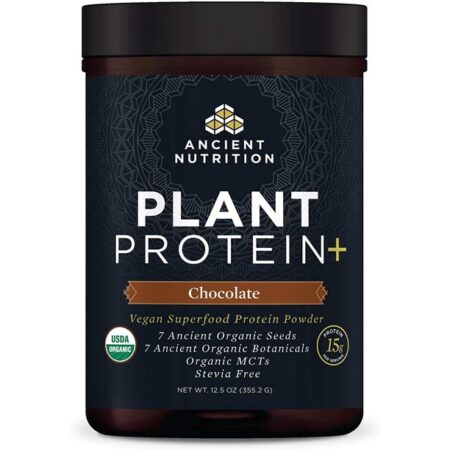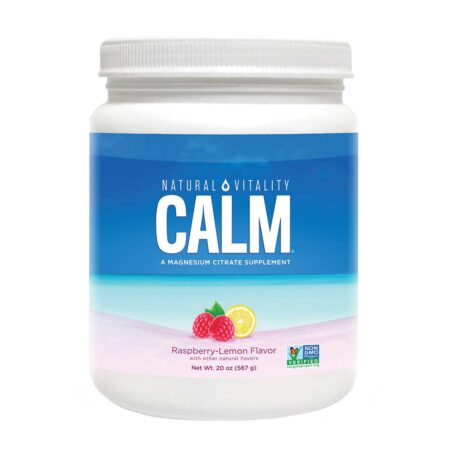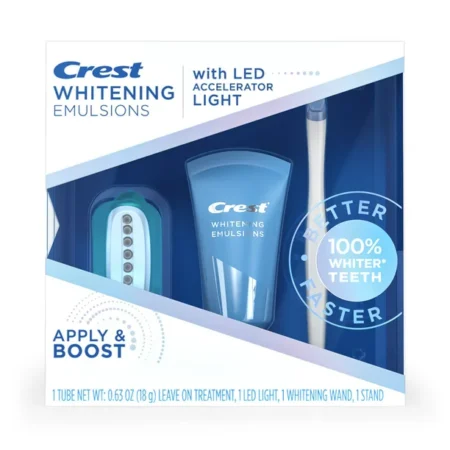A trial by the University of Eastern Finland discovered that taking a much greater dosage of vitamin D than suggested for 5 years did not impact overall death or the occurrence of heart disease or cancer in older males and females.
In population research studies, low levels of vitamin D in the body have actually been connected to an increased threat of lots of persistent illness along with sudden death. Nevertheless, it can not be straight deduced from such observational research studies whether making use of vitamin D supplements can decrease the threat of illness or death. The early 2010s saw the start of massive vitamin D trials in numerous nations taking a look at the impacts of greater than suggested dosages of vitamin D on the threat of establishing illness. Among these was the Finnish vitamin D Trial (FIND) carried out at the University of Eastern Finland in 2012-2018.
In the FIND trial, 2,495 individuals (males 60 years or older and females 65 years or older) were randomised for 5 years to either the placebo group or the groups that got either 40 or 80 micrograms (1600 or 3200 IU) of vitamin D 3 daily. All individuals were without heart disease and cancer at the start of the trial and were permitted to utilize their own vitamin D supplement of as much as 20 micrograms (800 IU) daily (the suggested consumption for this age at the time when the trial was begun). At the start and throughout the trial, research study types were utilized to gather detailed details from the topics on way of life, nutrition, threat elements for and the occurrence of illness. Info on the occurrence of illness and on deaths was likewise gotten from nationwide health signs up. Roughly one fifth of the arbitrarily picked topics went through more comprehensive evaluations and offered blood samples.
Bulk were not lacking in vitamin D at the start of the trial
Throughout the 5 years of the trial, 119 individuals established heart disease, 129 topics were identified with cancer and 19 passed away. There was no statistically substantial distinction in the variety of occasions in between the groups. The vitamin D dosages showed to be safe as no distinctions in negative effects were observed in between the groups. In the sub-sample taken a look at in more information, the mean blood vitamin D (calcidiol) concentration, was 75 nmol/L (30 ng/mL) at standard. After one year, the mean calcidiol concentration was 100 nmol/L (40 ng/mL) in the group taking 40 micrograms of vitamin D daily and 120 nmol/L (48 ng/mL) in the group taking 80 micrograms of vitamin D daily. There was no substantial modification in the calcidiol concentrations in the placebo group. Just 9% of topics had low vitamin D levels at standard, i.e., they had a blood calcidiol concentration of less than 50 nmol/L (20 ng/mL).
The findings of the FIND trial are well in line with other comparable research studies that have actually revealed that taking greater dosages of vitamin D than suggested for several years does not have a considerable impact on the threat of establishing heart disease or cancer if the body’s vitamin D status is currently appropriate. In Finland, the average vitamin D consumption of the population has actually increased considering that the early 2000s due to, to name a few things, the vitamin D supplements of grease spreads and liquid dairy items along with the increased usage of vitamin D supplements. Protecting one’s vitamin D consumption with vitamin D supplements is still suggested, particularly throughout the winter season, if the diet plan is low in sources of vitamin D, such as fish or vitamin D– strengthened foods. In Finland, vitamin D supplements of 10 micrograms daily (400 IU) is suggested for the adult population; the suggestion is 20 micrograms daily (800 IU) for those aged 75 and over. Nevertheless, the research study does not support making use of big vitamin D dosages for avoidance of heart diseases or cancer.
In addition to these primary findings, the FIND trial will supply detailed reports on the impacts of vitamin D supplements on, to name a few things, type 2 diabetes, fractures and falls, state of mind modifications, infections, discomfort conditions, and other results.
Story Source:
Products offered by University of Eastern Finland Note: Material might be modified for design and length.






